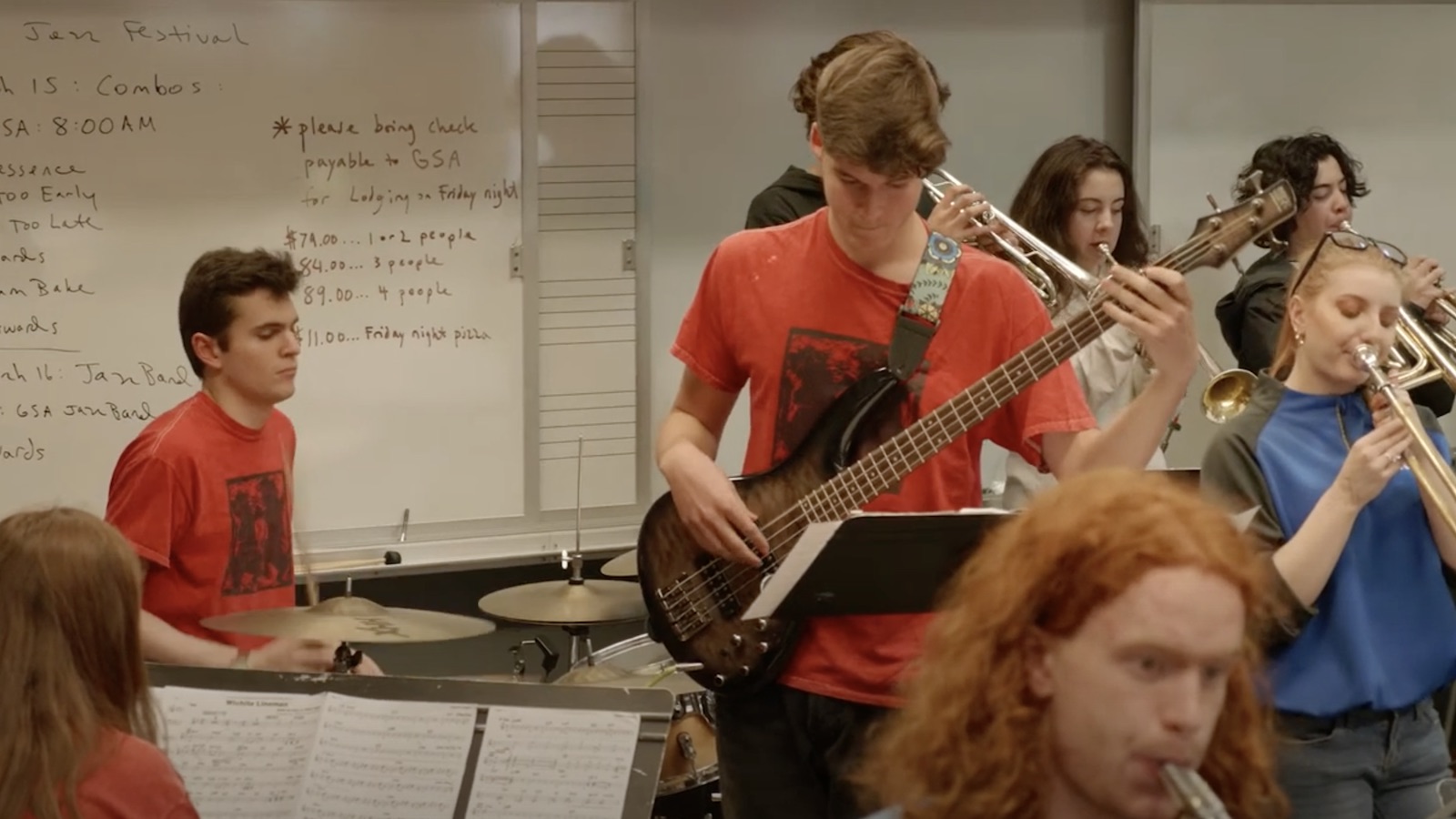
The Mr. O Project-Tate Yoder
As advancements in and access to technology continue to warp every area and sector of our modern world, our communication mediums to connect with each other are changing as well. We now have the ability to have access and contribute to an extremely vast amount of digital information on a global scale. This type of connection has never been previously possible in the history of humankind, and it’s also changing rapidly minute to minute. This presents an opportunity to unite techniques, methodologies, and technology in new ways to find solutions to problems and limitations that have historically been difficult to solve.
The limitations of nonfictional work have long been played out in the various forms of storytelling and communication mediums. From theater plays and reenactments, to documentary filmmaking and nonfictional writing – the journey to represent truth is certainly worth pursuing, but one that is far more abstract than we think. To accurately tell the story of a person, place, or community of people, it requires an extensive amount of knowledge. This can come from both first-hand experiences and third-person perspectives. This is increasingly demanding when dealing with communities who are spread out, inaccessible, or are inarticulate and tend to remain silent about their viewpoints. Additionally, the actual production of a documentary presents challenges, whether that’s by a lack of resources, misunderstanding key aspects of the story, or an inability to access the right individuals. These limitations and challenges present problems of documentary filmmaking that have historically been difficult to solve.
Steve Orlofsky (more commonly known as “Mr. O”) is an iconic figure in the Maine music and jazz communities. He has played with countless jazz groups and is an incredibly gifted musician, but most notably, he has inspired hundreds, if not thousands of students over his forty-two years of teaching music. He is an individual who is infamous, mysterious, and highly praised. In the fall of 2018, an initiative to document his careers in music and teaching began, but was quickly overwhelmed with the daunting challenges independent documentary filmmaking faces. “The Mr. O Project” attempts to explore the limitations of documentary-filmmaking to create a more accurate and inclusive method for storytelling by utilizing crowdsourcing and access to technology to put the process back in the hands of those who know the
story best.
